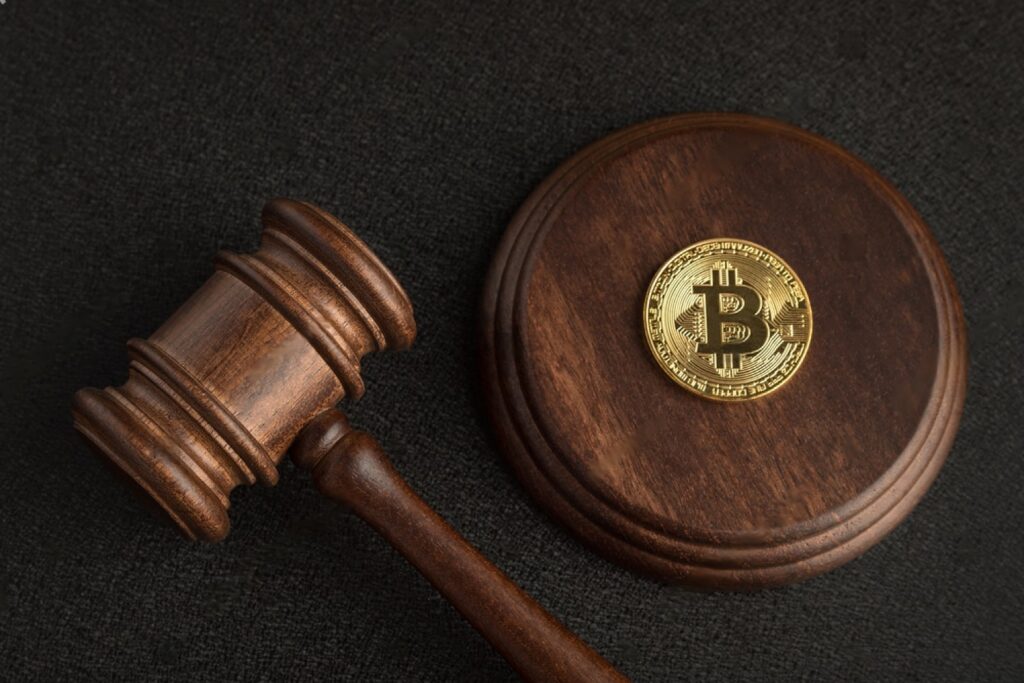In a groundbreaking decision, the UAE courts have set a new precedent in the realm of digital currencies, marking a significant milestone in the country’s approach to regulating this rapidly evolving sector. This ruling not only clarifies the legal status of cryptocurrency activities but also underscores the UAE’s commitment to balancing innovation with financial security.
At the heart of this judicial pronouncement lies a fundamental principle: the requirement for licensing and registration of virtual asset service providers. The court’s decision draws its authority from Federal Decree-Law No. 21 of 2021, which amends key provisions of the earlier Federal Decree-Law No. 20 of 2018. This legislative framework is designed to combat money laundering, counter-terrorism financing, and regulate illicit organizations. The ruling emphatically states that any natural or legal person is prohibited from engaging in virtual asset activities without proper licensing or registration from the relevant regulatory authorities.
The scope of this regulation is impressively comprehensive. It encompasses a wide range of activities, including the exchange of virtual assets for fiat currencies, transfers of virtual assets, safekeeping and administration of virtual assets or tools enabling control over them, and participation in services related to the issuance or sale of virtual assets. This broad coverage reflects the UAE’s recognition of the diverse and complex nature of the cryptocurrency ecosystem.
One of the most intriguing aspects of this ruling is its definition of virtual asset service providers. The court, referencing Cabinet Resolution No. 24 of 2022, defines these providers as any natural or legal person conducting business activities or operations involving virtual assets on behalf of another person. This definition is crucial as it sets the parameters for those who fall under the regulatory purview, potentially affecting a wide range of businesses and individuals in the crypto space.
The Digital Frontier: UAE’s Landmark Ruling on Cryptocurrency Regulation
It explicitly states that the provisions apply to virtual asset service providers operating within the UAE. This territorial clarification is vital in an era where digital transactions often blur geographical boundaries. It demonstrates the UAE’s proactive stance in asserting regulatory control over crypto activities within its jurisdiction.
Perhaps one of the most significant aspects of this ruling is its emphasis on compliance with anti-money laundering (AML) and counter-terrorism financing (CTF) regulations. The court mandates that all virtual asset service providers in the UAE must adhere to existing AML and CTF legislations and the decisions issued pursuant to them. This requirement aligns the UAE’s crypto regulations with global standards for financial security and integrity.
The implications of this ruling are far-reaching. For businesses operating in the cryptocurrency sector, it signals a clear need to ensure compliance with licensing and registration requirements. This may lead to a period of adjustment as existing operators align their practices with the new regulatory framework. For investors and consumers, the ruling offers a layer of protection, ensuring that they engage with regulated entities when dealing with virtual assets.
Moreover, this judicial decision positions the UAE as a forward-thinking jurisdiction in the realm of cryptocurrency regulation. By establishing clear guidelines and regulatory expectations, the UAE is creating an environment that could attract legitimate crypto businesses while deterring illicit activities. This balanced approach may well serve as a model for other jurisdictions grappling with the challenges of regulating the crypto space.
Conclusion
In conclusion, this landmark ruling represents a significant step in the UAE’s journey toward embracing and regulating the digital currency landscape. It reflects a nuanced understanding of the complexities involved in cryptocurrency operations and demonstrates a commitment to fostering innovation within a secure and regulated environment. As the digital currency ecosystem continues to evolve, the UAE’s legal framework, as interpreted and enforced by its courts, will undoubtedly play a crucial role in shaping the future of this dynamic sector.
Having said that, Contact Khairallah Advocates & Legal Consultants and benefit from our free 30-min legal consultation.
*Disclaimer: our blogs, law updates and FAQ’s are freely distributed for educational purposes and to showcase recent updates and regulations in the UAE’s framework.
If you have any questions and need assistance, contact us at our number or book an appointment online.





